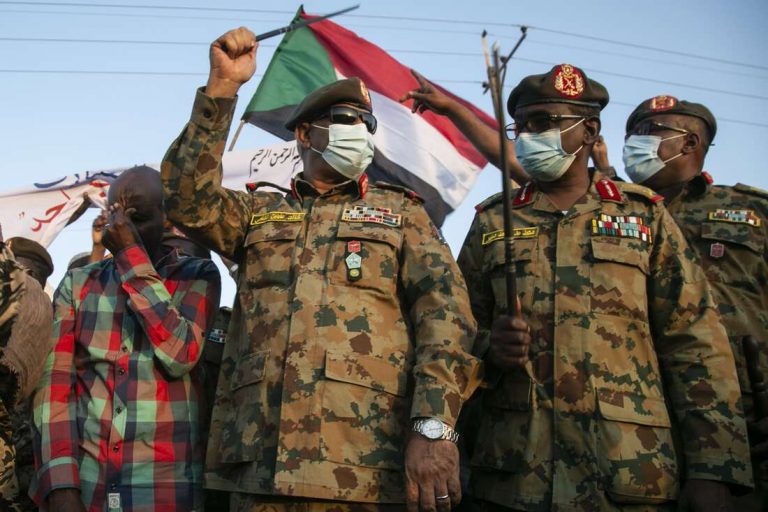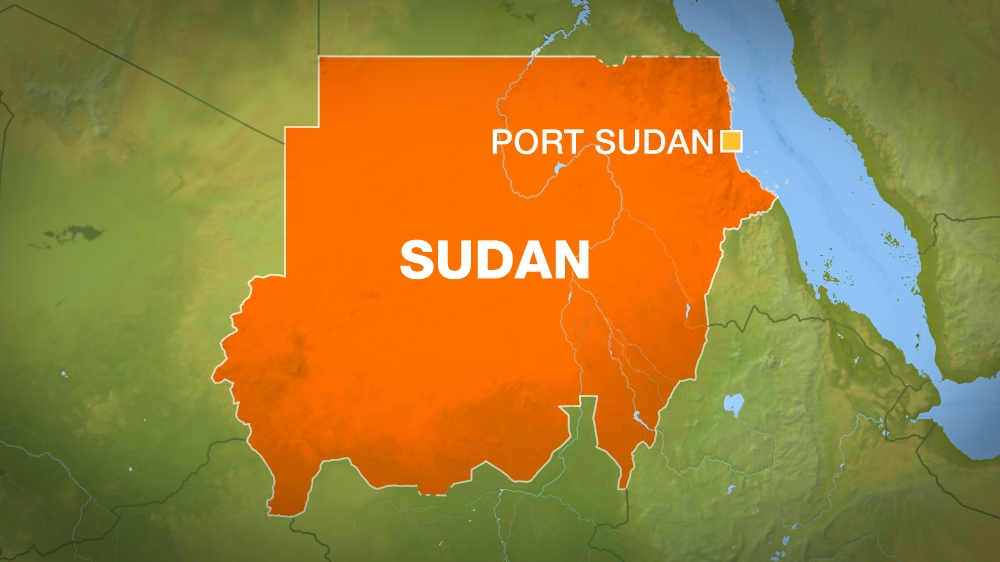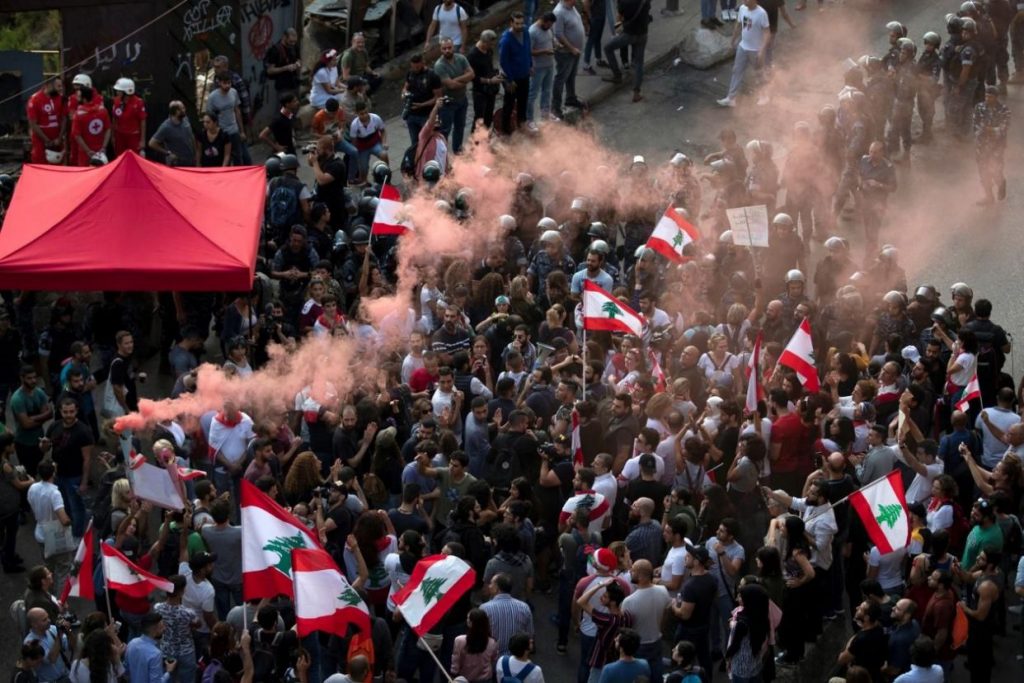The takeover attempt in Sudan on September 21 rises from a national scale crisis and domestic discord among powerful institutions, including the army, amid foreign intervention, and points to the fact that organized factions operate inside and outside the Sudanese armed forces, supporting the deposed leaders of the country.
At about 3 a.m., a takeover attempt was made by the military in Khartoum. The coup plotters intended to arrest members of the country’s governing Sovereign Council and tried to seize control of the state radio building.
The thwarted coup in Sudan was performed by officers of the Armored Corps and the Airborne Forces, under the command of Major General Abdalbagi Alhassan Othman Bakrawi. He was the ruling National Congress party member under President al-Bashir that was dissolved after his resignation and was just recently reinstated after his previous arrest.
All pockets of resistance have been mopped up. That is the sixth coup attempt in Sudan since the President Omar al-Bashir’s overthrow amid popular protests in April 2019 followed by the military’s taking power in the country.
The largest coup attempt took place on June 11, 2019, when top-ranking Defense Ministry officials and senior officers who had served in the military under al-Bashir set themselves against the Military Council. The former Sudanese army chief of staff was among the coup plotters.
Islamic officers linked to ex-President al-Bashir were involved in the coup. Abdalbagi Bakrawi spent several months in Cairo. Other sources claim he was under medical treatment in Egypt. The coup plotters belonged to the Muslim Brotherhood, the Saudi Al-Arabiya TV says.
Sudan’s National Congress Party and the Muslim Brotherhood have common roots. Al-Bashir, however, relied on both Saudi Arabia and the UAE on separate occasions, though they are tough foes to this movement.
The new government in Khartoum has recently been all out for getting relationship with Turkey and Qatar back on track, as they are ideologically aligned with the Muslim Brotherhood.
The coup is unlikely to be inspired by ideology. Most probably, it has risen from Sudan’s splintered ruling elite, fueled by external forces.
In August, the Sudanese Interim Military-Civilian Authority decided to hand over Omar al-Bashir to the International Criminal Court over charges of war crimes and crimes against humanity in Darfur. At that time, the Sovereign Council withheld its consent, presumably over the risks for top military officials. Since August 2019, the Transitional Military-Civilian Authority has pledged to restore justice for the victims of crimes committed under Omar Al-Bashir.
Al-Bashir was backed by Moscow, as it redeployed the Wagner Group fighters to Sudan, where they helped to quell civilian resistance. Some of those fighters were detained in Belarus. As the power changed, Moscow then got in the way of handing the ex-president over to the ICC.
In May 2021, Sudan suspended the agreement with Russia to set up a Russian military facility in Port Sudan that is of strategic importance for Moscow due to its location – that is a key oil transportation route from Asia to Europe. From that very point, Moscow was able to control the transit of oil from South Sudan to the oil terminal in Port Sudan via a single pipeline. With the agreement suspended, the Russian media announced the newly reached agreements on this issue. But those claims were debunked.
It is highly likely that Russia could have got the green light for a naval base set up in the region, had the coup been successful.
On September 4, 2021, just before the coup, a Russian-owned weapons consignment from the Ethiopian capital Addis Ababa was detained at Khartoum International Airport. 72 boxes included automatic rifles equipped with night vision goggles, a committee representative Vajdi Saleh said. With the coup scheduled to start at night, that consignment was most probably intended for the plotters. The weapons were delivered to Ethiopia from Moscow in May 2019 and were held there for two years. Then Addis Ababa gave permission to send them to Khartoum by a civilian passenger jet. But that consignment could be related to the participation of Sudan in military operations in Ethiopia.
In that case, Addis Ababa should have been aware of the coup mounted in Sudan, which is highly doubtful. Thus, it is highly likely the weapons were supplied under false colors.

Even with the attempted coup failed, the developments reflect the unexpired threat to the government in Khartoum. Al-Bashir’s followers operating in security and defense sector of Sudan, and radical Islamists backed from abroad, as well as some states seeking to promote their influence in Sudan add to mounting turbulence in the region.






